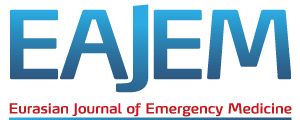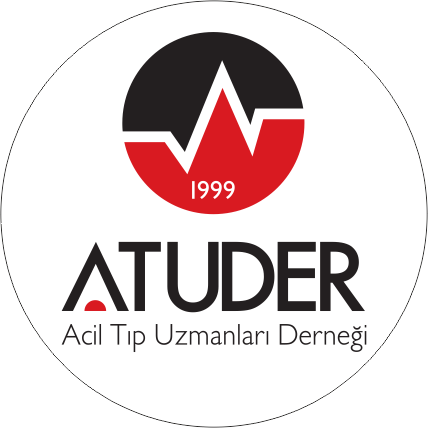ABSTRACT
BACKGROUND:
Brain natriuretic peptide (BNP) is secreted by cardiac ventricles in response to increased wall stress and intraventricular volume but it was showed that there was some immunoreactivity of BNP in the human brain including cerebral cortex, thalamus, pons, and cerebellum.
AIM:
The aim of this study is to investigate the diagnostic value of bedside measurement of BNP that is used in order to predict the presence of intracranial pathologies in patients with head trauma.
MATERIALS AND METHODS:
This study was performed prospectively with head trauma patients. Bedside BNP measurements and cranial computed tomography (CT) scans were performed in these patient
RESULTS:
The mean BNP level of 23 patients with pathologic cranial CT scan was 16.16±15.8 pg/mL and the mean BNP level of 17 patients with normal cranial CT scan was 5.78±3.0 pg/mL. It was 6.91±3.2 pg/mL in the control group. The mean BNP level of patients with pathological cranial CT was significantly higher than mean BNP levels of patients with normal cranial CT and patients in the control group (p<0.01).
CONCLUSION:
We think that BNP levels over 10 pg/mL values without known causes of BNP increase may be effective and specific to detect intracranial pathologies in head trauma patients.



